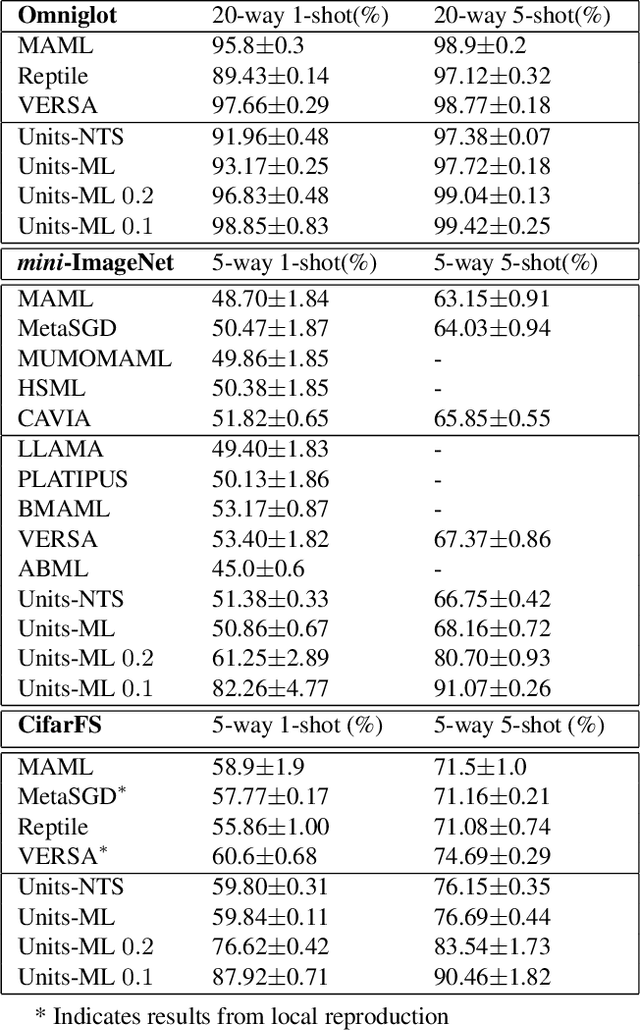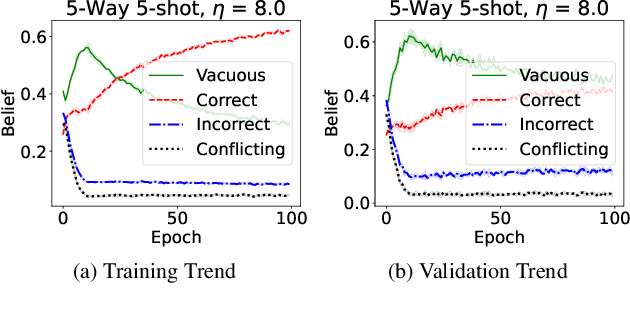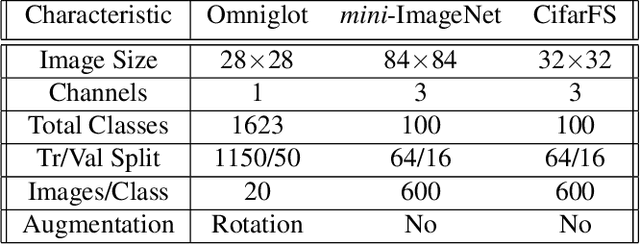Deep Pandey
Learn to Accumulate Evidence from All Training Samples: Theory and Practice
Jun 24, 2023



Abstract:Evidential deep learning, built upon belief theory and subjective logic, offers a principled and computationally efficient way to turn a deterministic neural network uncertainty-aware. The resultant evidential models can quantify fine-grained uncertainty using the learned evidence. To ensure theoretically sound evidential models, the evidence needs to be non-negative, which requires special activation functions for model training and inference. This constraint often leads to inferior predictive performance compared to standard softmax models, making it challenging to extend them to many large-scale datasets. To unveil the real cause of this undesired behavior, we theoretically investigate evidential models and identify a fundamental limitation that explains the inferior performance: existing evidential activation functions create zero evidence regions, which prevent the model to learn from training samples falling into such regions. A deeper analysis of evidential activation functions based on our theoretical underpinning inspires the design of a novel regularizer that effectively alleviates this fundamental limitation. Extensive experiments over many challenging real-world datasets and settings confirm our theoretical findings and demonstrate the effectiveness of our proposed approach.
Multidimensional Belief Quantification for Label-Efficient Meta-Learning
Mar 23, 2022



Abstract:Optimization-based meta-learning offers a promising direction for few-shot learning that is essential for many real-world computer vision applications. However, learning from few samples introduces uncertainty, and quantifying model confidence for few-shot predictions is essential for many critical domains. Furthermore, few-shot tasks used in meta training are usually sampled randomly from a task distribution for an iterative model update, leading to high labeling costs and computational overhead in meta-training. We propose a novel uncertainty-aware task selection model for label efficient meta-learning. The proposed model formulates a multidimensional belief measure, which can quantify the known uncertainty and lower bound the unknown uncertainty of any given task. Our theoretical result establishes an important relationship between the conflicting belief and the incorrect belief. The theoretical result allows us to estimate the total uncertainty of a task, which provides a principled criterion for task selection. A novel multi-query task formulation is further developed to improve both the computational and labeling efficiency of meta-learning. Experiments conducted over multiple real-world few-shot image classification tasks demonstrate the effectiveness of the proposed model.
 Add to Chrome
Add to Chrome Add to Firefox
Add to Firefox Add to Edge
Add to Edge